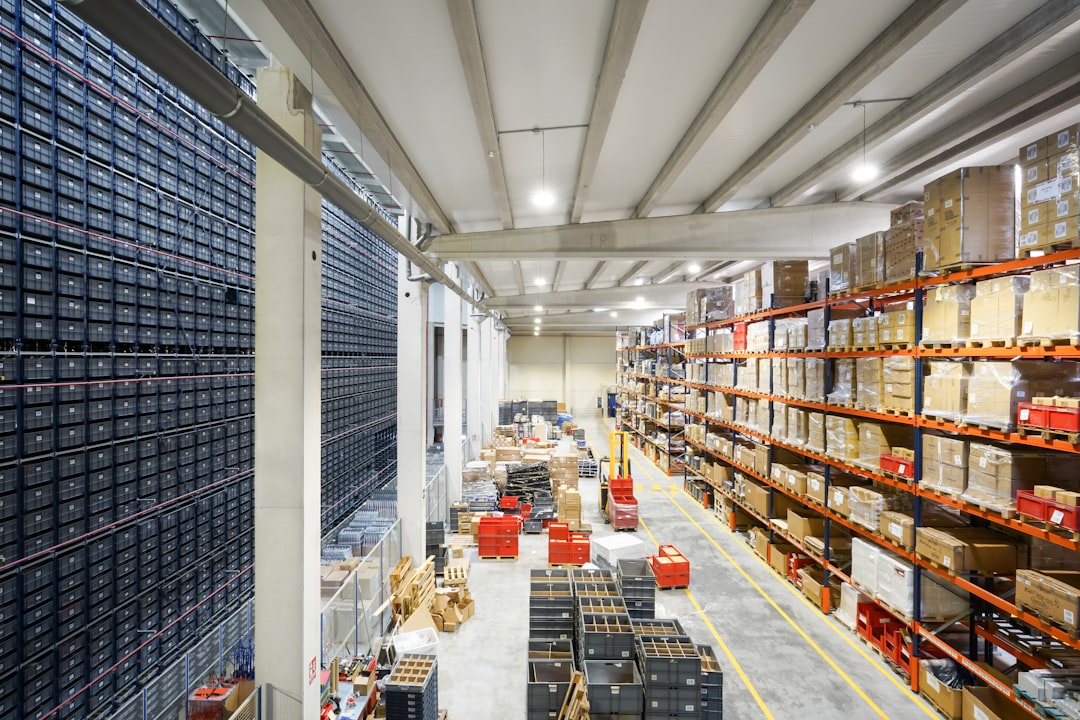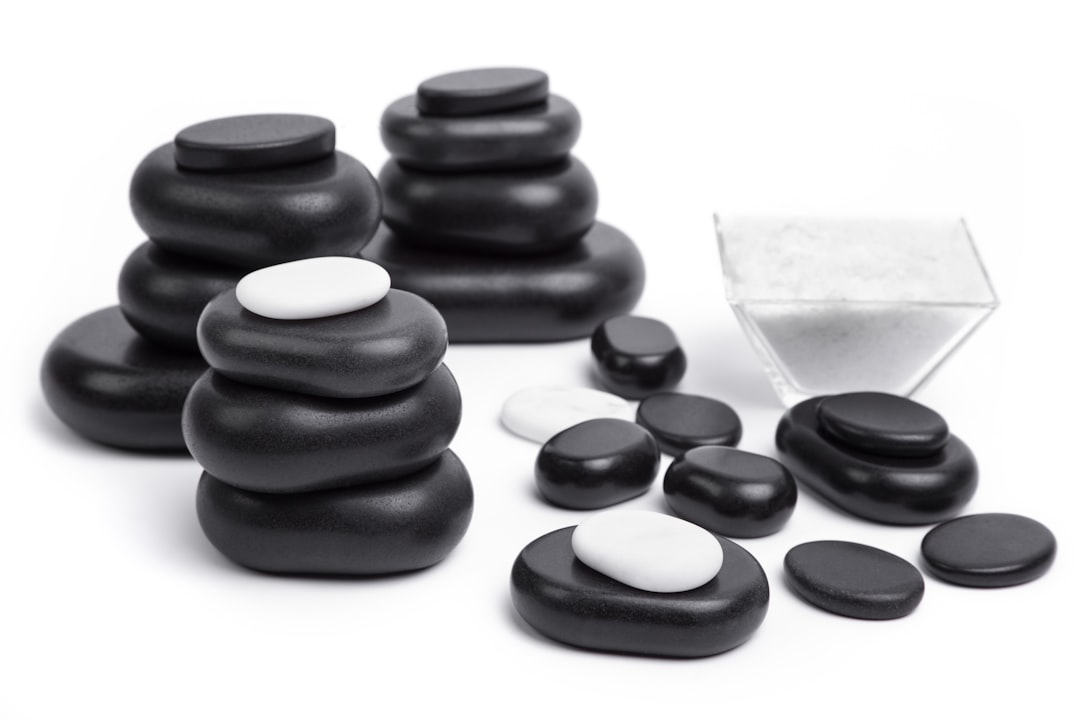HNBR O-Rings
HNBR O-Rings | Hydrogenated Nitrile High Temp Oil & Wear Resistant Seals
HNBR O-rings (hydrogenated nitrile) upgrade NBR with better heat/oil/wear resistance. Typical range: -40°C to +150°C. Ideal for automotive fuel/oil circuits, higher temp hydraulics, and wear-prone seals at a cost-effective balance.
On this page



What is an HNBR O-ring?
HNBR (Hydrogenated Nitrile) improves NBR with higher heat/oil/wear resistance and better aging/ozone strength. Typical window: -40°C to +150°C. It is a step up from nitrile o-rings for hotter, higher-wear oil/fuel/hydraulic service.
Compared to NBR, HNBR runs hotter, tougher, and more ozone-resistant; compared to FKM, HNBR offers better low-temp flexibility and cost efficiency but looser chemical limits.
Composition & Properties
HNBR retains NBR-like oil resistance with boosted heat and wear performance, sitting between NBR and FKM on cost vs. capability.
- Hardness: 60–95 Shore A; common 70/80/90A for pressure/wear resistance.
- Mechanical: higher tensile/tear strength than NBR; improved wear; lower compression set.
- Aging: ozone/heat aging markedly better than NBR.
Temperature Range
- Continuous: about -40°C to +150°C (some grades slightly higher).
- Low-temp: maintains flexibility comparable to NBR for cold starts/outdoor use.
- Steam: prolonged hot steam not recommended; use EPDM/FFKM instead.
Chemical Compatibility
- Good for: mineral oils, fuels, lubricants, some refrigerants/brake fluids, mild acids/bases.
- Avoid: aromatics/chlorinated solvents (verify), ketones/esters/strong oxidizers, high chlorine.
- Ozone/outdoor: better ozone resistance than NBR for outdoor oil-based seals.
Advantages
- Heat upgrade: handles up to ~150°C with lower compression set than NBR.
- Wear/tear resistance: better for dynamic/high-pressure oil/hydraulic service.
- Aging/ozone: longer outdoor life than NBR; strong for automotive/oil & gas.
- Cost balance: cheaper than FKM, better low-temp flexibility.
Applications
- Automotive/oil & gas: hotter oil circuits, fuel systems, turbo/engine accessories.
- Hydraulic/pneumatic: high-pressure/wear-prone dynamic or semi-dynamic seals.
- Refrigeration/AC: some refrigerants compatible—verify media; brake fluids better than NBR.
- Outdoor equipment: ozone/aging resistance with oil-based sealing needs.
Size Coverage (AS568 / Metric)
- AS568 000–475 available in HNBR, common 70/80/90A with batch labels.
- Metric/large/custom profiles available; compression/extrusion/finish guidance provided.
- Color/hardness customization for traceability and workstation separation.
Ordering & Traceability
- Mixed MOQ 1 across AS568/metric; batch photos/barcodes provided.
- Submit size tables to lock batches/ship dates; wear/heat guidance on request.
- Aromatics/solvents require verification or upgrade to FKM/FFKM.
FAQs
- HNBR vs NBR: HNBR adds heat/wear/aging strength; NBR wins on cost.
- HNBR vs FKM: HNBR cheaper and better at low temp; FKM stronger on hot chemistry.
- Steam? Use EPDM/FFKM for prolonged hot steam.
- Dynamic wear? HNBR beats NBR for high-speed/high-pressure movement.
Installation & Selection Tips
- Compression: static 15–25%, dynamic 10–20%; add backup rings for high-pressure extrusion control.
- Lubrication: during install and service to reduce wear/heat.
- Storage: sealed, away from heat/ozone/UV; FIFO to maintain elasticity.